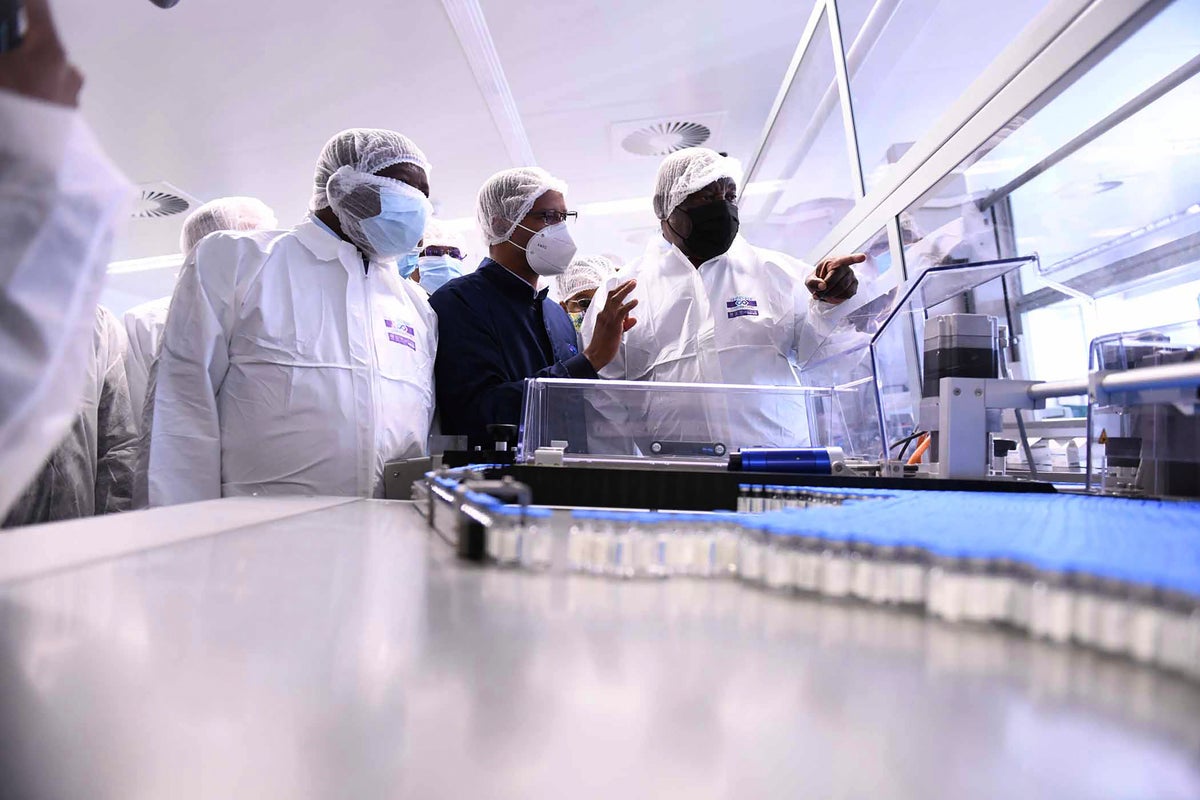
Danish pharmaceutical company Novo Nordisk signed a deal with South Africa's Aspen Pharmacare to produce human insulin for diabetes patients in Africa, where there is a dire need for the life-saving treatment.
The Africa Centers for Disease Control and Prevention welcomed the move Wednesday, saying it would “greatly impact the fight against diabetes” in Africa.
Novo Nordisk has contracted Aspen to convert insulin into finished doses at its plant in Gqeberha, South Africa, the companies said when announcing the partnership in separate statements on Tuesday.
They project the production of 16 million vials in 2024, the yearly amount needed to treat 1.1 million patients in Africa, and an increase to enough insulin to treat 4.1 million diabetes patients on the continent annually by 2026. Production will start at the beginning of next year.
The insulin will be distributed to national health authorities and non-governmental organizations through a “low-cost” tender system, Novo Nordisk said.
Last year, the World Health Organization estimated that there are 24 million adults living with diabetes in Africa, saying the number is expected to rise to 55 million by 2045.
The number of premature deaths from diabetes in Africa is higher than the global average and only half of African patients with chronic type 1 diabetes — the most common form in children — have access to the insulin they critically need, WHO said.
Aspen has spent over $300 million on its facility on the south coast of South Africa, which was used to finish COVID-19 vaccines during the pandemic.
The COVID-19 pandemic badly exposed the struggles of Africa's healthcare sector to produce and supply its own drugs and vaccines for the continent of 1.3 billion people.
WHO says 95% of all medicines used in Africa are imported and there is an urgent need to boost local production. In just two examples of how vulnerable the continent is to diseases, over 90% of the world’s malaria deaths and 70% of all people living with HIV/AIDS are in Africa, according to WHO.







